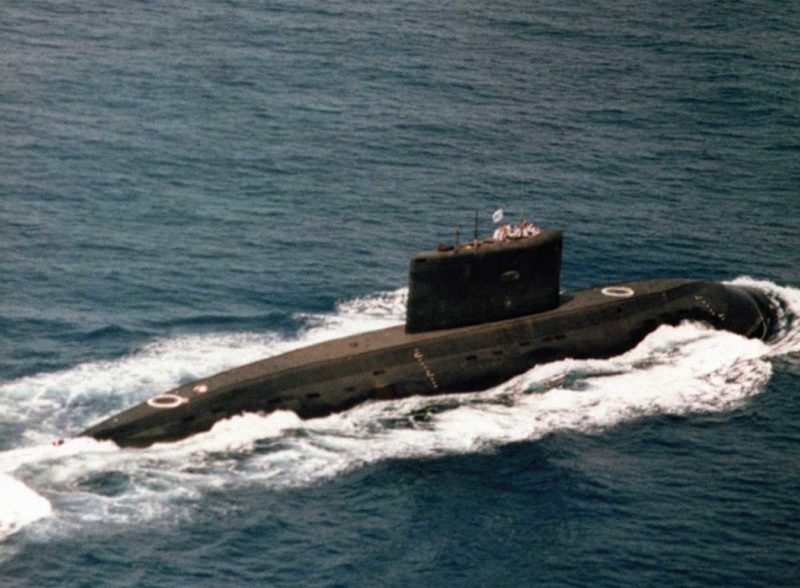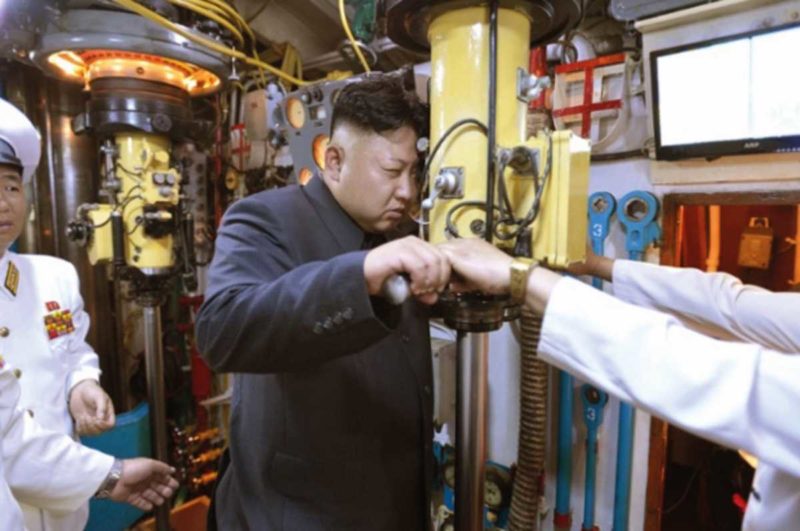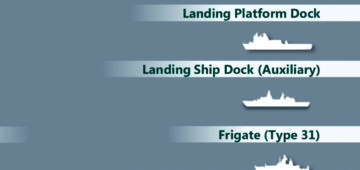Opinion Odin’s Eye

As the one-year anniversary of Moscow’s invasion of Ukraine rolled around it was met with pledges from Western military and political leaders on giving Kyiv more weaponry to help it combat a renewed Russian ground offensive.
Though the West has dragged its collective feet on supplying some of the heavier weaponry Ukraine has consistently been clamouring for, the trajectory is that this eventually does get delivered. There isn’t really an alternative for the West, because it has belatedly realised it must defend the international system and norms that reject and punish aggressive territorial expansion.
Therefore, whatever the expense, that logic means it must supply Ukraine with the weaponry to defeat Russia, and leave Vlad the Invader disappointed if he thinks he can outlast the West. With his own incompetent generals having failed, followed by General Winter failing to freeze Ukraine out of the war, Putin is likely now pinning his hopes on Western war fatigue. This may see a so-called peace plan enable him to keep some of his illicit gains by pressuring Kyiv into accepting some kind of deal to end the war.
It also isn’t implausible for Russian cannon fodder to bleed the Ukrainians into exhaustion, or at least hold them sufficiently long enough for Russia’s arms industry to build the required weaponry to turn the tide.
Putin can then realise his dream and annex Ukraine’s entire Black Sea coast, ending the economic viability of the enemy state.
The danger from the West’s perspective is that China will supply the weaponry to enable this. But the Chinese are not as stupid as Putin may hope or the West fears. China’s support for Russia isn’t deep enough for it to ride to the rescue and ruin itself in the process. Russia needs China’s money to stave off economic collapse, and for that China is getting all it needs from Russia in the way of heavily discounted energy supplies and perhaps a discount on military technology too. China and Russia have reportedly been co-operating on a conventional submarine programme. Russia could also help Beijing make its nuclear submarines quieter, a critical military technology in which China still lags behind its potential foes. Russia is getting weaponry from Iran and North Korea, though not sufficient to turn the tide. And yet Iranian drones and North Korean ammunition are keeping the Russians in the fight. Iran’s aid to Russia is not for ideological reasons; both Iran and Russia are mercenary and deeply untrusting.
Iran already resents playing second fiddle to Russia in Syria and will not have forgotten how Moscow initially withheld supply of S-300 air-defence systems despite Tehran having paid for them. Iran is already set to receive 24 Su-35 Flanker-E fighter jets originally destined for Egypt, which are likely to soon be in country, reportedly alongside more helicopters and air defence systems courtesy of Moscow. These will considerably boost Iran’s air power, giving it greater confidence to match the advanced Western weaponry acquired by the Gulf Arab states. Russian support could have a similar impact on its naval power. This may primarily be through providing more advanced sensors and weaponry for its indigenous range of warships, the best of which are still based on designs acquired by the Shah’s regime. Far more significant would be Russia helping Iran further develop its submarine capabilities. Iran’s three Kilo Class submarines are all around 30-years-old. Though still operational, it’s difficult to know what state they are actually in as they have never been refitted in Russia. What refit and refurbishment work has been undertaken was done indigenously by the Iranians, or at least in Iran with some Russian input. Depending on the Kilos’ material state Russia could refurbish and upgrade them, or it could offer to replace the current Kilo subs with variants of its Amur submarine, the export version of its Lada design.

The development of the Lada may have been protracted, but its teething problems have at last been ironed out, including an indigenous Air Independent Power (AIP) system, possibly with Chinese help. Supplying Amur submarines to Iran would perhaps be a step too far, however, even for Moscow.

The Gulf Arab States are notable for sitting on the fence regarding the war in Ukraine and have generally abstained from overtly criticising Russia.
The UAE is also a favourite playground for Russia’s ultra-rich and where they stash a lot of their money. More likely for Iran is perhaps a Russian refurbishment of the current Kilo submarines, and help with sensors and other related technology for the Fateh submarine. Though the latter seems a competent enough design, much of what is known of its systems indicates they are quite basic, with its sonar using technology decades behind the curve. Anything Russia could supply would therefore be an advance on the existing systems.
What North Korea may want from Russia is potentially far more dangerous and Russia would be playing with fire should it acquiesce. The North Koreans want something in return for their aid to Russia and this should also really concern the West.
Pyongyang knows it is no match conventionally for any of its potential adversaries. What little help it could get in developing its conventional air power, (where it is weakest), would be tokenistic at best. Paying lip service to sanctions may also mean Russia is still not willing to overtly provide combat systems in the same way it has to Iran. Though Pyongyang may always desire hard cash, it is more likely to want help with its priority weapons programmes with which it hopes to deter the USA and its allies.
This is generally going to be related to ballistic or cruise missiles and anything associated with their deployment, such as submarines.
While Russia might not provide its own missile designs, and may not need to because Pyongyang seems to have reached a reasonable state of competence with its indigenous efforts.
But Russia could help develop shielding enabling ballistic missile warheads to withstand atmospheric re-entry. Even supplying Pyongyang test data and/or the means with which to simulate and test the process as part of its development efforts would be great help. It could be provided under the table, giving Russia an element of plausible deniability.
Similarly, Russia could supply critical design input to Pyongyang’s conventional ballistic missile and alleged nuclear-powered submarine programmes rather than actually materially helping by physically transferring systems.
It may seem reckless for Russia to aid Tehran and Pyongyang with their weapons programmes, especially the latter. However, this is the same Russia that thought the Ukrainians would simply let it roll into their country with only token resistance.
Russia’s judgement has hardly been sound, and in its desperation for shells and drones may well aid two rogue regimes hell-bent on annoying the West (or worse).






Comments
Sorry, comments are closed for this item